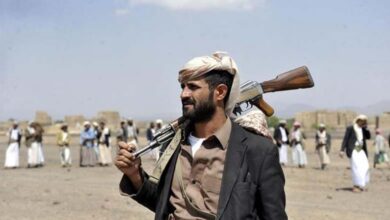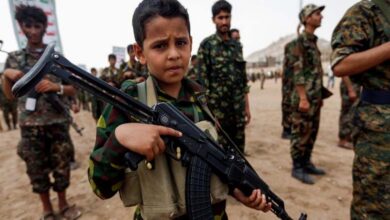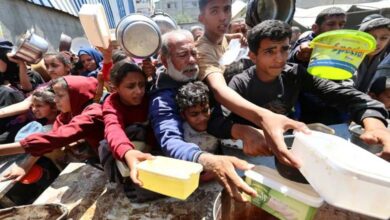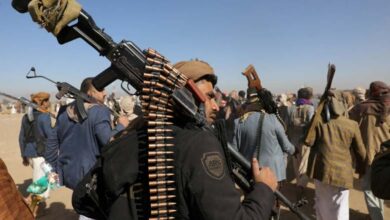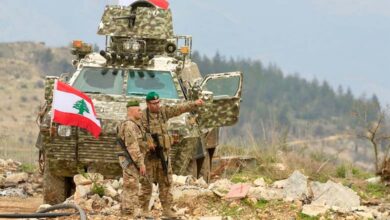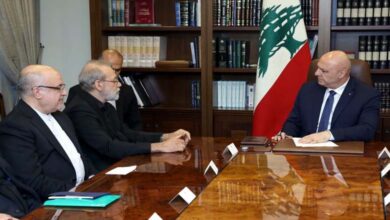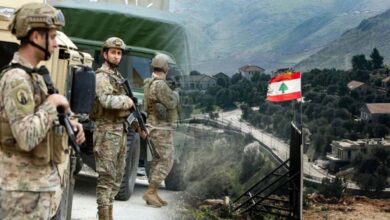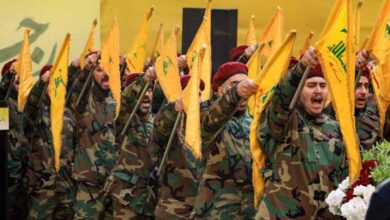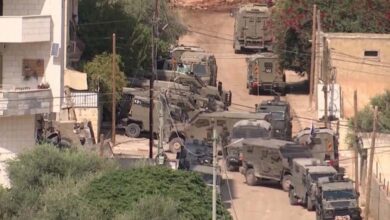The recent escalation in Gaza: will it accelerate international oversight of the truce?
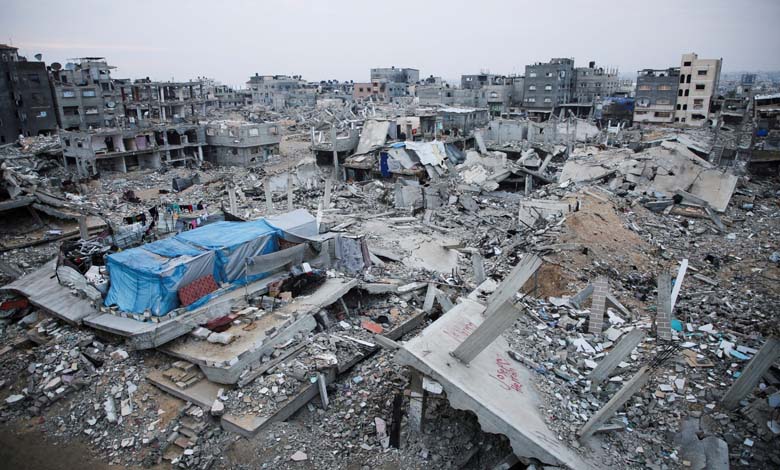
Following the reciprocal accusations between Israel and Hamas over the Rafah incident, attention has turned to the question of international monitoring of the ceasefire agreement. Hamas denied knowledge of the Rafah attack and reaffirmed its commitment to the truce, while Israel insisted on blaming the movement. Israel responded with dozens of strikes; this episode is among the most serious breaches since the ceasefire came into effect a week earlier, and it follows numerous prior violations—many of which have been attributed by various sources to Israeli actions.
-
Serious truce violation: Israel strikes Rafah after vehicle targeted in Gaza
-
Trump announces the start of Phase Two of the plan to end the Gaza war: pathway and obstacles
Unlike the Lebanon arrangement, where U.S. oversight was central to implementation between Israel and Lebanon, the Gaza agreement was signed in Sharm El-Sheikh under the joint mediation and guarantees of the United States, Egypt, Qatar and Turkey. The ceremony included the presence of leaders such as U.S. President Donald Trump, Egyptian President Abdel Fattah el-Sisi, Turkish President Recep Tayyip Erdoğan and Qatar’s Emir, Sheikh Tamim bin Hamad.
The agreement sets out a monitoring mechanism to be managed by the guarantor states. The United States has said that American monitors are present in Ashkelon in southern Israel, and President Trump repeatedly rejected any deployment of U.S. troops on Gaza’s soil to oversee the agreement. While the U.S. may coordinate monitoring from Israel, it is unlikely that Egypt, Qatar and Turkey would accept to do so exclusively from Israeli territory.
-
Hamas bullets dictate the ceasefire in Gaza… as international pressure mounts for disarmament
-
Massive destruction as thousands of displaced Palestinians return to Gaza
A principal operational hurdle is that monitors from those guarantor countries must reach Gaza via Egypt, which in practice requires the opening of the Rafah crossing on the Palestinian side. Rafah’s opening was initially scheduled for Tuesday but was postponed by Israel for logistical reasons. Israeli Foreign Minister Gideon Sa’ar later suggested a likely reopening on Sunday, yet the Prime Minister’s office conditioned any opening on Hamas returning the remains of hostages “at a reasonable pace,” without clarifying the term. Until Israel’s demand is satisfied, monitors from Egypt, Qatar and Turkey are not expected to enter Gaza. Israel also denied access to Turkish teams that had volunteered to assist in searching for bodies beneath the rubble.
On the ground, Israeli authorities have repeatedly closed crossings and restricted humanitarian deliveries before reversing course under U.S. pressure. Statements from senior Israeli officials suggest that Washington’s stance effectively constrains Israeli decision-making: according to some Israeli military figures quoted in the press, the country will not move “one inch” in Gaza without U.S. approval—an acknowledgment of American primacy in managing the truce.
-
A Complex and Secret Operation: Behind the Scenes and Timing of the Hostage Exchange in Gaza
-
Gaza After the Truce: Total Destruction and a Return Amid the Rubble
Washington has signaled an intention to play a far more assertive supervisory role. A senior U.S. official warned that “the next thirty days will be decisive,” and stressed that the U.S. is now largely responsible for ensuring implementation. To that end, Vice-President Vance, Middle East envoy Steve Witkoff and Jared Kushner are slated to travel to the region to push forward the next phase. Their priorities include consolidating the ceasefire, continuing the repatriation of deceased hostages, organizing secure humanitarian corridors and resolving issues with the UN to prevent aid diversion by Hamas, establishing an international stabilization force in Gaza, designing reconstruction plans for a “new Rafah” outside Hamas control, and preparing disarmament measures for Hamas and Gaza.
U.S. involvement, however, fuels domestic political friction in Israel. Compliance with Washington has angered hard-line elements—most notably National Security Minister Itamar Ben-Gvir—who criticized the Prime Minister’s office on X and demanded an immediate return to heavy military action. Within the Israeli cabinet, calls have emerged both for deterrence and for decisive measures in response to perceived breaches.
-
The War Winds Down in Gaza as Israel Begins Gradual Withdrawal
-
The Fire of Loss in the Gaza War: No Bodies, No News
In short, the Rafah incident has highlighted two intertwined realities: first, the fragility of an agreement dependent on guarantor states whose access and operational modes are constrained by political and logistical conditions; second, Israel’s de facto reliance on the United States to manage sensitive phases of implementation. These factors make international engagement both necessary and complicated. The crucial question now is whether the diplomatic momentum under way will translate into practical, on-the-ground monitoring mechanisms capable of preventing further ruptures of the fragile truce.


